Insects and pests are often associated with nuisances, diseases, and destruction. They can, however, hold a fascinating world of traits, behaviors, and unique adaptations that can truly amaze us.
In this article, we will explore some fun and intriguing facts about pests and insects that not only highlight their unusual abilities but also demonstrate the wonders of nature’s small wonders.
Prepare to discover fun facts about insects and interesting pest survival skills.
Table of Contents
How do flies dodge so well?

Flies are exceptionally skilled at dodging due to their advanced sensory systems, rapid reflexes, and unique wing structure. Flies have large compound eyes with thousands of tiny lenses (ommatidia), giving them a nearly 360-degree field of vision.
Flies process visual information much faster than humans. Their brains operate on a higher “flicker fusion rate,” which means they perceive motion in what feels like slow motion, giving them extra time to respond.
It turns out that flies are masters of aerodynamics and wing control. They exercise precise control over their wingbeats in a fraction of a second to pitch and roll and change direction almost instantly when they perceive a threat. With a swarm, you’ll need help from fly exterminator.
Why do mice eat electrical wires?
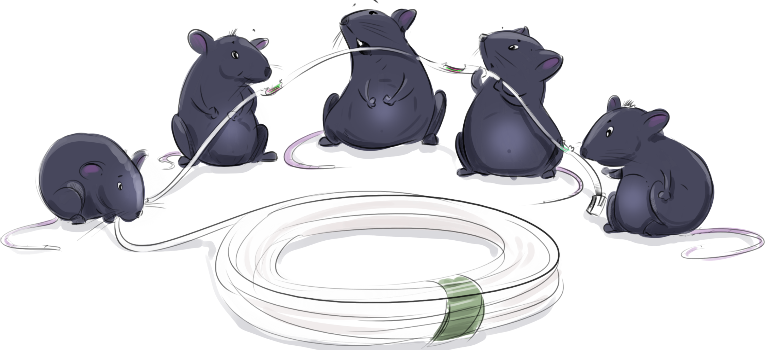
Mice chew on electrical wires primarily because of their instinctive need to gnaw. lives. To prevent their teeth from becoming too long, mice gnaw on hard objects, including electrical wires.
The texture of electrical wires, often covered in plastic or rubber insulation, mimics materials found in their natural environment, like plant stems or tree bark. Electrical wires are often found in enclosed spaces like walls or attics, where mice seek warmth and shelter. Once inside, they encounter wires and gnaw on them as part of their nesting activity.
Mice have very strong, sharp teeth which are constantly growing, so they need to chew on whatever they can find to control the length of their teeth. Chewing on tough objects also has the bonus of strengthening and sharpening their teeth so that they can chew through things even faster.
How do mosquitoes survive winter?
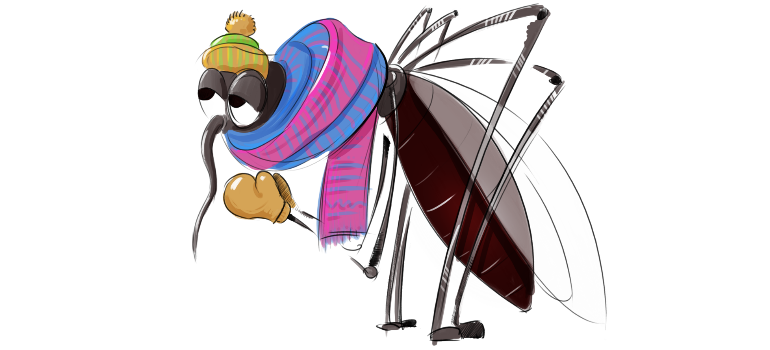
Ah, mosquitoes, nature’s way of expressing its annoyance with sentient mammals. Many of us look forward to winter solely due to the fact that the mosquitoes will disappear, but where do they go?
Sadly, they don’t all die as winter sets in since they are cold-blooded. Many will find a place to hibernate until it is warm enough to re-emerge. Others still will lay their eggs in freezing water before dying. The freezing water preserves the eggs until the temperature rises, and they can hatch to unleash their wrath upon us once again.
How do cockroaches turn upside down?

Intresting fact about roaches! Cockroaches are remarkably agile and can flip themselves upside down or right-side up thanks to their specialised body structure and unique movement mechanisms. Cockroaches have six powerful, jointed legs equipped with spines and claws. These legs allow them to push off surfaces with precision, enabling them to flip or reposition themselves in tight spaces or when overturned.
Cockroaches possess quick reflexes controlled by a decentralised nervous system. If they detect a threat or lose balance, they can rapidly twist their body and push off surfaces to escape or adjust their position.
As they age, or if they don’t have a food source, they become weaker and find it increasingly difficult to exert the necessary amount of force required to straighten their legs. This can cause an imbalance leading to cockroaches tipping over. Even healthy cockroaches can find themselves stuck if they end up on their back, so old or hungry cockroaches stand almost no chance of recovering if they tip over.
Did Scarab beetles really eat flesh?
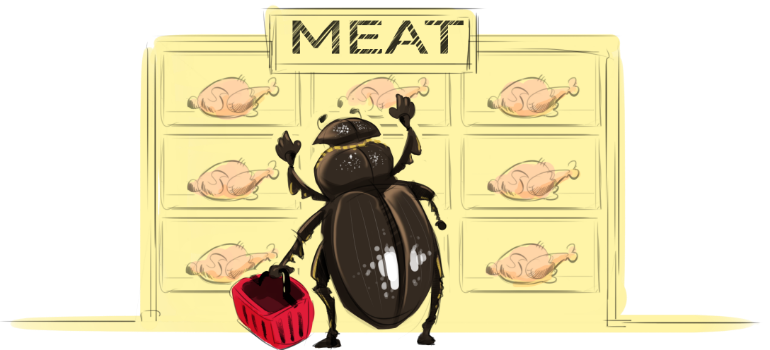
Scarab beetles, as a group, do not typically eat flesh. Most scarab beetles are not carnivorous. Instead, they feed on plant matter, decaying organic material, or dung, playing a crucial role in nutrient recycling.
Despite what Hollywood and Brendan Fraser (The Mummy, 1999) would have you believe, scarab beetles do not eat flesh. Dung beetles (a type of scarab) feed on animal faeces. While Flower beetles consume nectar, pollen, or fruit.
What are Cicada broods?
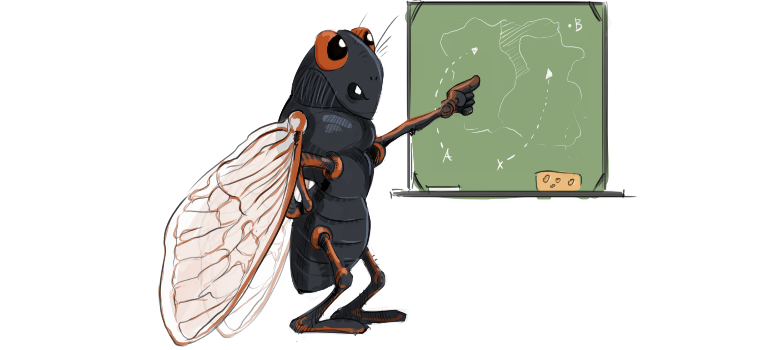
We really wish we hadn’t Googled this, but we are also ecstatic that we don’t live anywhere near this natural horror story.
Cicadas are insects which live underground for 13-17 years, eating roots and maturing. When they emerge en masse (there can be up to 1.5 million individuals per acre) every 13 or 17 years to breed, they are grouped into broods depending on the year of their emergence. Despite their long underground life and massive numbers, cicadas only live for around 4-6 weeks once above ground, so thankfully, the nightmare is short-lived.
Do rats really like cheese?

The idea that rats love cheese is more of a myth than a reality. They eat a wide range of foods, including grains, fruits, vegetables, and meat. In fact, they prefer foods that are high in sugar and fats over cheese.
Rats and other rodents will eat anything they can, and this includes cheese. Although rats will eat cheese if it is available, they are lactose-intolerant, and they suffer from digestive issues and may release little rat farts as a result. The high fat and cholesterol levels present in dairy products also make these very unhealthy products for rats.
What is the difference between woodworm and termites?
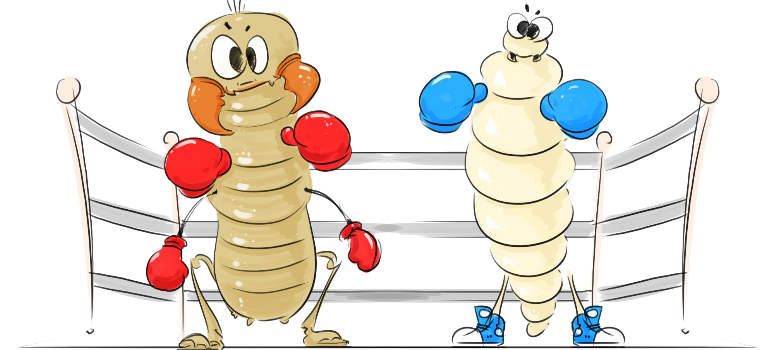
Woodworm and termites are both wood-damaging pests, but they are quite different in terms of their biology, behaviour, and the type of damage they cause.
Termites are small, wood-eating, ant-like creatures that live in large, structured colonies. They prefer to build their nests in dark places, such as basements and attics.
Woodworm is the larvae of beetles which eat their way through the wood until they are mature enough to leave the wood. They often leave trails of sludge made from excess sawdust.
Are bees really dying off?

Yes, bees are facing significant population declines, and it is a growing concern for environmental and agricultural systems. While it’s not accurate to say that all bee species are “dying off,” many populations are declining at alarming rates due to a combination of factors.
One of the primary reasons for bee decline is the widespread use of neonicotinoids and other pesticides. As urbanisation and agricultural expansion continue, natural habitats for bees are disappearing. The loss of wildflowers, forests, and grasslands reduces the availability of food and nesting sites for bees, making it harder for them to thrive.
Climate change is altering the timing of flower blooming, which can disrupt the availability of food for bees. Extreme weather conditions such as droughts, floods, and temperature fluctuations also affect bee populations, leading to declines in both the quantity and quality of their habitat.
Are silverfish harmful to cats?

Silverfish are not directly harmful to cats. These small, wingless insects primarily feed on starches, sugars, and organic materials, such as paper or glue, and do not pose a toxicity threat to cats if ingested.
Silverfish are not poisonous, and they do not bite humans or animals. In fact, they are likely to do everything in their power to avoid your cat out of fear of being eaten.
The creepy little bugs pose more of a threat to your home and belongings than to your cat. They love to feast on starch-based products such as the glue in books, photos, and clothing.
Are flying squirrels real?

Yes. The flying squirrel is a real animal, and we were surprised, as well as a little disappointed, that this is actually a common question. Although its name may conjure up images of squirrels flying majestically through the air like the Red Arrows, flying squirrels cannot actually fly.
Instead, they simply glide from treetop to treetop. They are able to accomplish this due to having a thin membrane of skin on either side of their bodies. Think less bird and more guy in a wingsuit.
Do fleas live on humans?
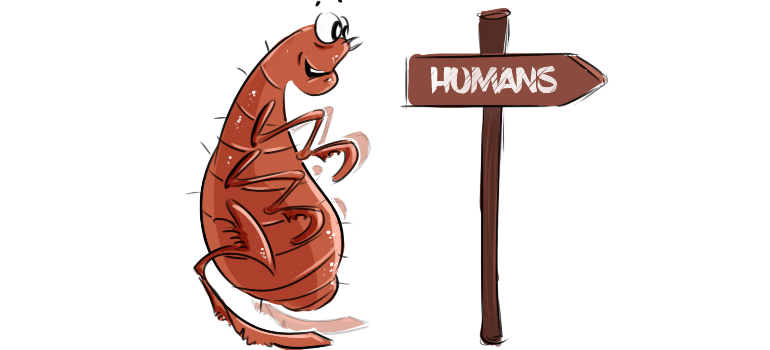
Fleas do not typically live on humans, although they can bite humans and cause discomfort. While fleas are more commonly found on pets or other animals, they will bite humans if they have no other host available. When fleas bite, they feed on the human’s blood, causing itching, red spots, and sometimes allergic reactions. However, fleas do not stay on humans long-term because they prefer to be on animals with fur, where they are better able to reproduce.
The majority of fleas don’t like to live on our bodies because we are not as furry as our four-legged friends. This lack of fur deprives fleas of hiding places as well as of something to hold onto when we move around.
© All images are property of Fantastic Services!
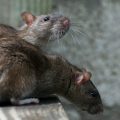
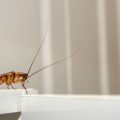


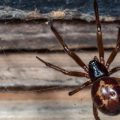
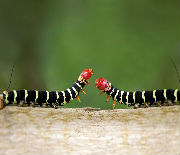
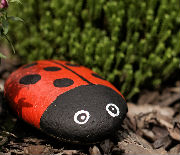
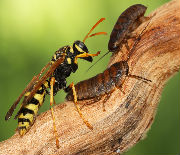
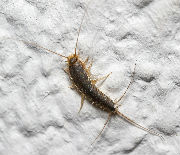
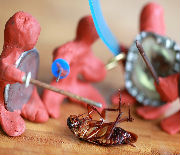
Leave a Reply